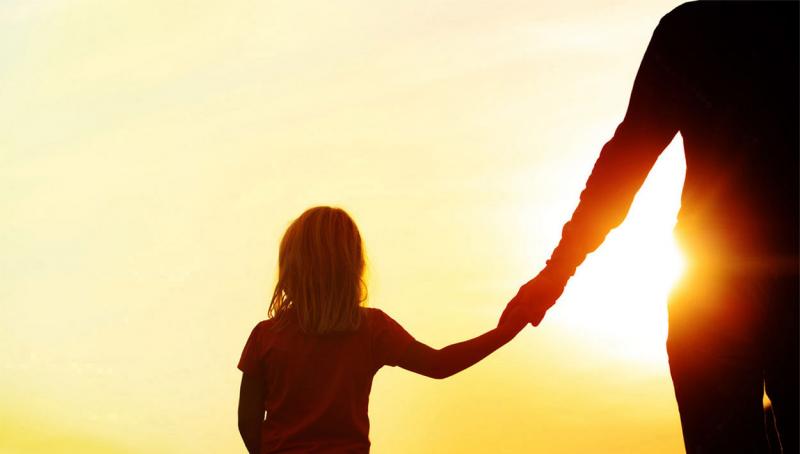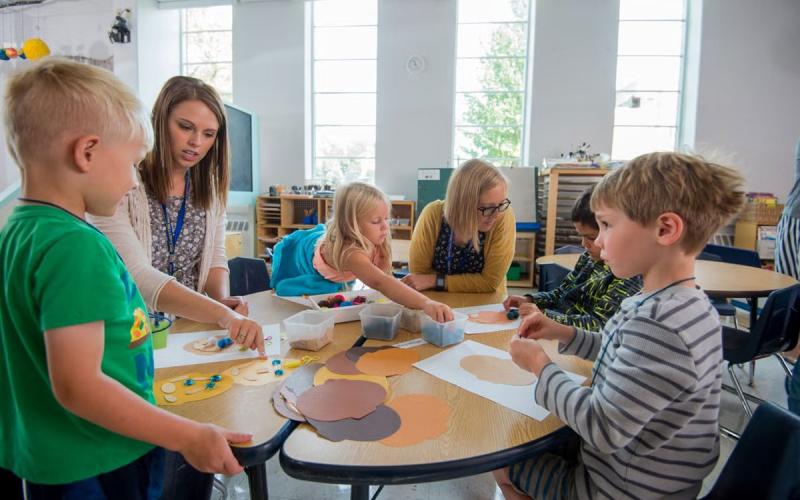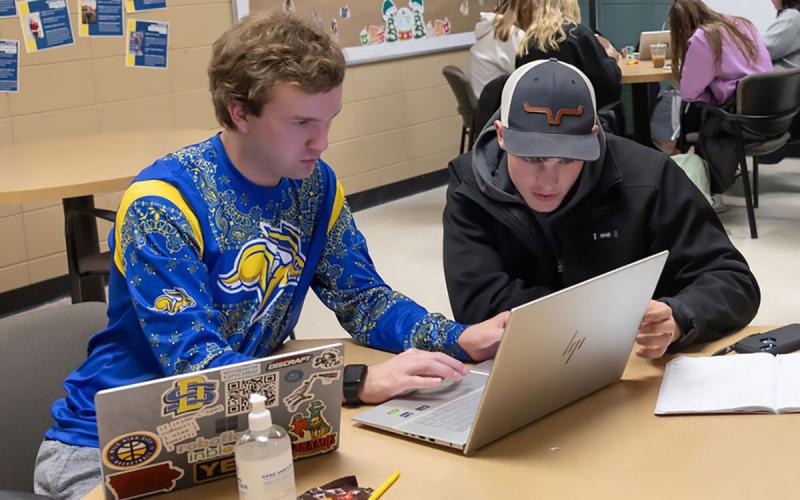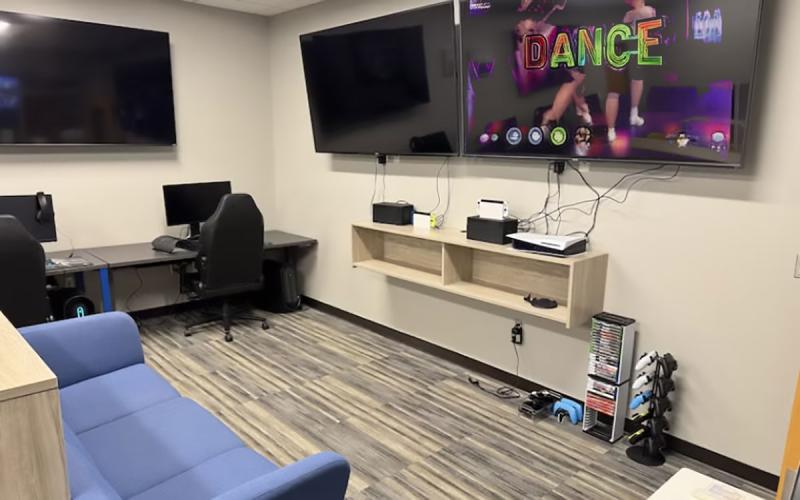
South Dakota and many of our neighboring states experience natural disasters and agricultural family stress. While we know this can cause added stress on adults and parents, don’t forget to visit with your children of all ages and help them cope with the added stress and changes in their routine.
How children experience traumatic events and how they express their lingering distress depends, in large part, on the children's age and level of development. Preschool and young school-age children exposed to a traumatic event may experience a feeling of helplessness, uncertainty about whether there is continued danger, a general fear that extends beyond the traumatic event and into other aspects of their lives and difficulty describing in words what is bothering them or what they are experiencing emotionally.
You are their biggest influence, and they will model your reactions and how you handle your emotions. Here are some tips to help kids cope from Ready.gov.
Tips for Families
-
Encourage dialogue.
Listen to your kids. Ask them about their feelings. Validate their concerns. -
Answer questions.
Give just the amount of information you feel your child needs. Clarify misunderstandings about risk and danger. -
Be calm, be reassuring.
Discuss concrete plans for safety. Have children and teens contribute to the family's recovery plan.
-
Shut off the TV!
News coverage of disasters creates confusion and anxiety. Repeated images may lead younger kids to believe the event is recurring. If your children do watch TV or use the internet, be with them to talk and answer questions. -
Find support.
Whether you turn to friends, family, community organizations or faith-based institutions, building support networks can help you cope, which will, in turn, help your children cope.
Also remember that reestablishing normal routines as soon as possible will help children feel safe and secure. For many kids, reactions to disasters are brief, and they will return to their normal self, but if they are still experiencing a lot of psychological distress, please seek counseling or medical help to help them work through their emotions.


